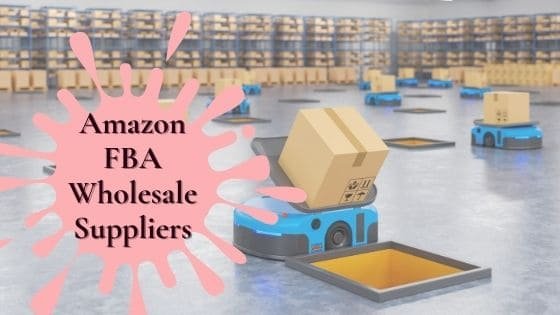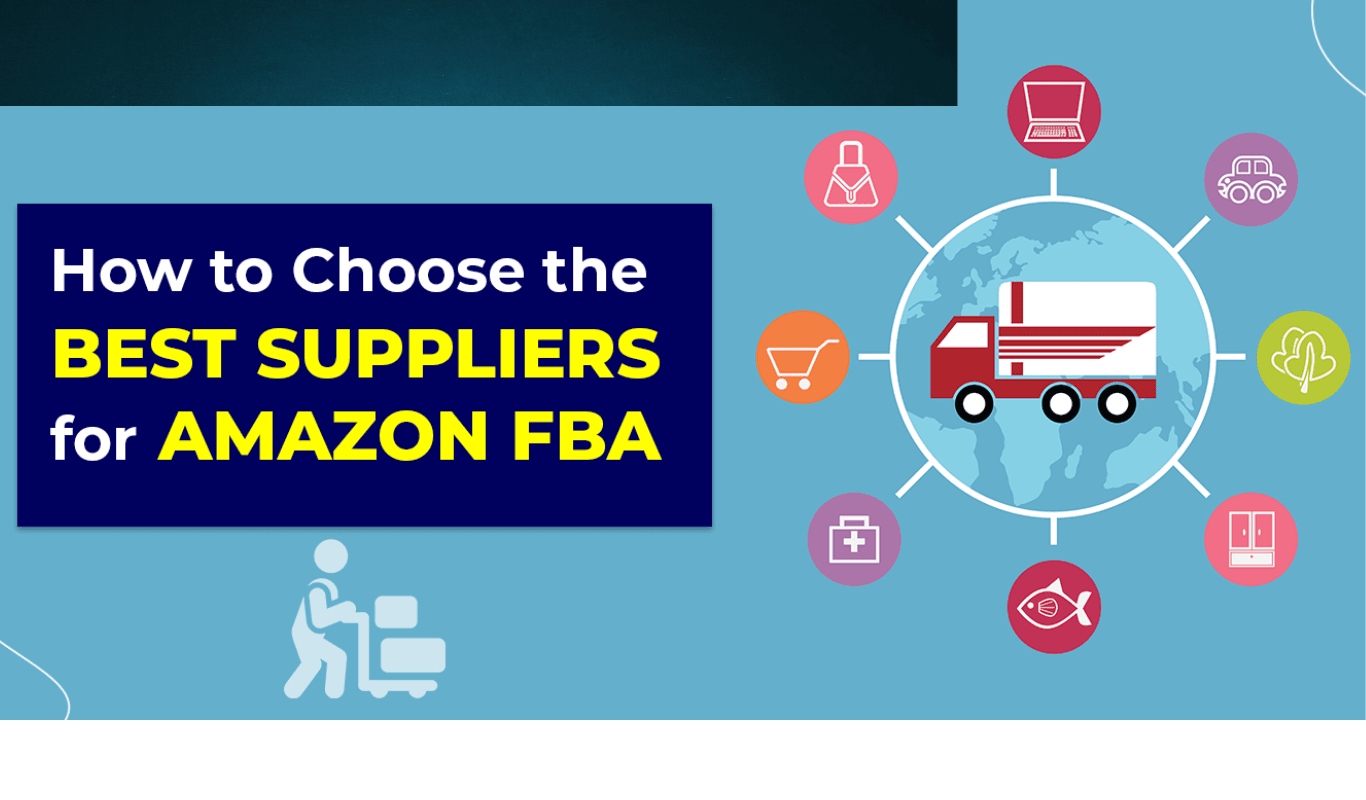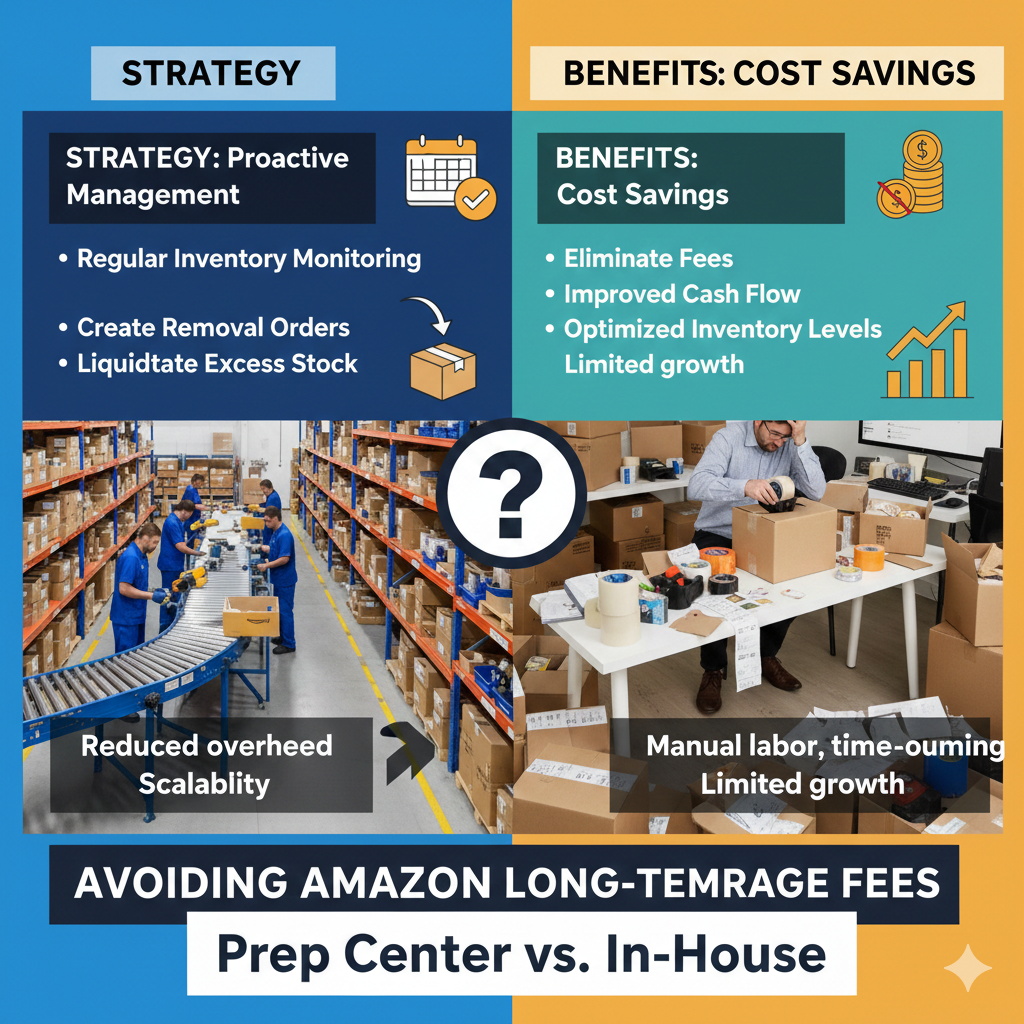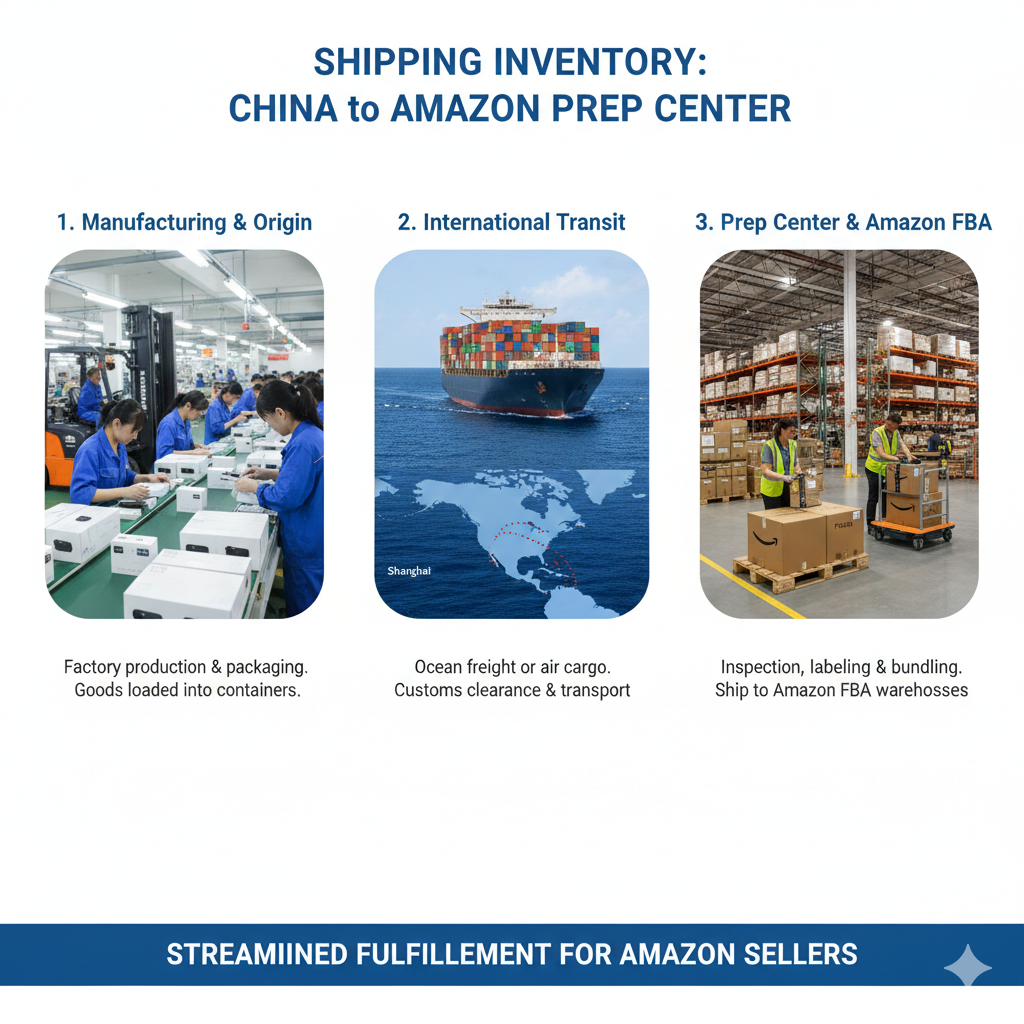Finding suppliers for an Amazon FBA business requires taking several strategic steps. Start by exploring popular platforms like Alibaba, Global Sources, and ThomasNet to connect with manufacturers directly. Attend trade shows and industry events for networking purposes directly; use online forums and groups for insights and recommendations; reach out to local wholesalers or artisans for unique products. Request samples before making commitments. Here you will find all details about how to find suppliers for Amazon FBA Business.
Finding suppliers for Amazon FBA (Fulfillment by Amazon)
Finding suppliers for Amazon FBA (Fulfillment by Amazon) is a crucial step in building a successful Amazon business. Here’s a guide on how to find reliable suppliers:

1. Identify Your Product
- Research the Market: Determine which products you want to sell by analyzing Amazon trends, niche opportunities, and competitors. Tools like Jungle Scout or Helium 10 can help identify profitable products.
- Check Competition: Make sure the product has demand but isn’t oversaturated with competitors.
2. Online Supplier Marketplaces
- Alibaba: The largest marketplace for finding suppliers, especially for private labeling. You can connect with manufacturers and suppliers, negotiate prices, and order samples.
- AliExpress: A smaller-scale alternative to Alibaba, often used for dropshipping or smaller orders.
- Global Sources: Another platform like Alibaba but more specialized in wholesale suppliers, manufacturers, and OEMs (Original Equipment Manufacturers).
- DHgate: Suitable for smaller orders and quicker shipments, but with a wide variety of product categories.
- ThomasNet: A database of suppliers based primarily in the US and Canada, suitable if you’re looking for domestic suppliers.
3. Trade Shows & Supplier Directories
- Attend Trade Shows: Look for trade shows relevant to your industry, such as the Canton Fair in China, which is the largest trade show in the world. You can network and directly contact suppliers.
- Trade Associations: Many industries have associations that offer supplier directories, often for free.
- Online Trade Shows: Virtual trade shows and online directories (like TSNN) provide access to suppliers if physical attendance is difficult.
4. Use Amazon Itself
- Amazon Seller Central: Look at listings similar to the products you want to sell and research where they are sourced from. Many sellers find suppliers by looking at existing Amazon listings for inspiration.
- Amazon Best Sellers List: Explore top sellers and track where their products are sourced using tools like Jungle Scout or by reverse engineering their supply chain.
5. Local and Domestic Suppliers
- US-Based Suppliers: If you want faster shipping times and fewer potential legal issues, look for domestic suppliers using platforms like ThomasNet or Maker’s Row.
- Google Search: Often overlooked, performing a simple Google search with terms like “wholesale [product]” or “US manufacturer [product]” can help you find smaller suppliers not listed on larger platforms.
6. Verify Suppliers
- Request Samples: Always ask for samples to check product quality before placing a large order.
- Check Reviews: Use tools like Supplier Reviews on Alibaba or ask for references to confirm the supplier’s reliability.
- Perform Due Diligence: Verify the legitimacy of a supplier by checking their business registration, years of experience, or past buyer feedback.
7. Negotiate Terms
- Discuss minimum order quantities (MOQs), payment terms, shipping methods, and costs.
- Use freight forwarders for shipping if you’re importing large quantities, as they can help streamline the logistics process.
8. Private Label or White Label
- Decide if you want a private label product (customized product) or a white label product (pre-made but sold under your brand).
- OEM manufacturers from platforms like Alibaba or Global Sources can help create custom products for you.
9. Connect with Wholesalers
- Wholesalers can be useful if you prefer selling branded products through Amazon FBA. Look for reliable wholesalers who supply well-known brands, and you can resell these under Amazon’s program.
Tools to Assist:
- Jungle Scout, Helium 10: Helps with product research and supplier tracking.
- Google Trends: Helps analyze product demand over time.
- Keepa, CamelCamelCamel: Helps track price history and product trends on Amazon.
By following these steps and combining research with due diligence, you’ll be able to find reliable suppliers for your Amazon FBA business. Check out Prep Services FBA for modern 3pl Solutions in New Jersey.










